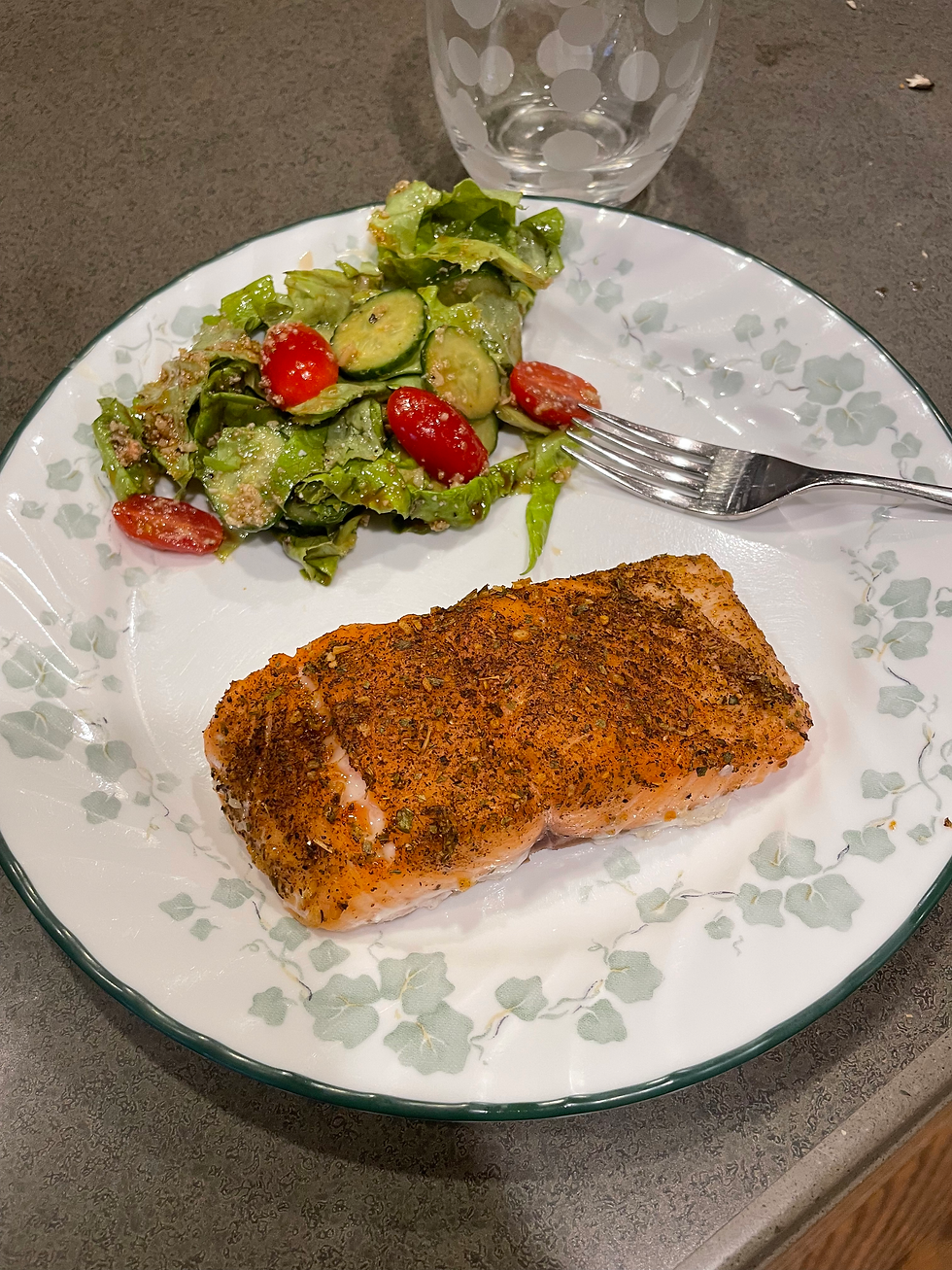The Origin of American Manufacturing is... Rum?
- Kevin Kimle
- Apr 28, 2023
- 3 min read
What’s This?
This is the first edition of a weekly newsletter for innovators, change-makers, and entrepreneurs. It will feature stories about the people – past, present and future – who change the world. They make decisions and take actions enlivened by what I call The Entrepreneur’s Ethic. The Entrepreneur’s Ethic infuses people, organizations and places where the future is created, and the world is made a better place.
The Entrepreneur You’ve Probably Not Heard Of – But Should
One of the Entrepreneurs featured in my upcoming book, The Entrepreneur’s Ethic, is the early nineteenth century Boston entrepreneur, Francis Cabot Lowell. Lowell launched a business, Boston Manufacturing Company, that pioneered integrated cotton textile manufacturing. Its importance was not in just the emerging American textiles industry, but in providing a template for the audacious launch of many, many large businesses and industries in the coming centuries.
There are seven parts of The Entrepreneur’s Ethic. Lowell’s work exemplifies Ethic 1: Make Things Happen. This is the action-orientation of entrepreneurship.
Find here an historic case study of Lowell’s early career. Before he worked on launching a textile manufacturing business, a young Francis Cabot Lowell developed his entrepreneurial skills by working on alcohol. Not drinking it. Making it. He launched a rum distillery in his native Boston as a means of learning about making something, manufacturing something, building something. Before turning his analytical and business genius to textiles, he learned how distill rum but, more importantly, he gained insights in how to build and scale a successful manufacturing business.
The roots of American manufacturing arise from… rum? Really? You decide for yourself, as I’ll take you back to late-eighteenth century Boston in this case study of historic American entrepreneur, Francis Cabot Lowell.
Podcast
If you’d rather listen to the case study than read it, you’re in luck! I’ll release a podcast each week, but will start with two episodes now available with your favorite podcast app.
A case study of historic entrepreneur Francis Cabot Lowell.
I explore the historic role of textiles in development of technologies, industries, and civilization itself, with Virgina Postrel, author of the book The Fabric of Civilization. We discuss how the importance of textiles has been overlooked, the idea of social technologies, and what we can learn from the history of textiles as it applies to competitive dynamics and creative destruction today.
Good Reads
The Ethics of Higher Education – Virginia Postrel IQ is largely a pseudoscientific swindle - Nassim Nicholas Taleb America is Back in the Factory Business – Wall Street Journal
Three Things I Think (I Think)
1. Understanding people is dynamic, and difficult – The topic of a recent case study in a class I teach was about managing and leading people. One point is that comes out in discussion is how a leader’s understanding of those on their team needs to change and evolve, often rapidly. Yesterday’s contented team member is today’s malcontent. Keep up! 2. Next-gen prototyping – An engineering student with a robotic product concept recently made prototype images using one of the AI image generators for a class assignment. He was worried it was some form of academic dishonesty. I told him it was cool. And well-done. Generative AI will impact a lot, but I hadn’t given much thought before seeing those images what it could do for iterative prototyping. 3. Pitch the problem before the solution – Entrepreneurial storytelling works much better when what leads is a deep understanding of an unsolved problem. I had too many examples this week of the opposite, a technology solution that came across as being in search of a problem. If you’ve invented something that’s unique it’s natural to want to talk about it first, but for a prospective customer or investor the more compelling pattern is problem-first, solution-second.
Farm to My Table

A go-to lunch for me is a salmon salad. Since the pandemic, my lettuce has been distinctly fresher and better. Each week, we get a delivery from Clayton Farms, the salad harvested not many minutes prior to delivery. If you’re in central Iowa or the Twin Cities, you can subscribe. If you’re in Ames, you can pick up a to-go salad from the Clayton Farms Salad Drive-Thru. ‘Midwest’ salmon from Superior Fresh in Wisconsin and olive oil from Figueroa Farms in California help complete the plate.
Komentáře